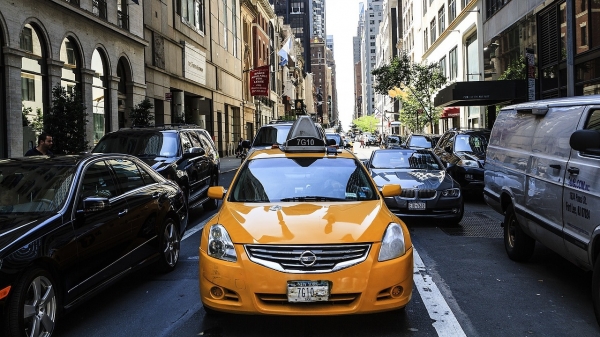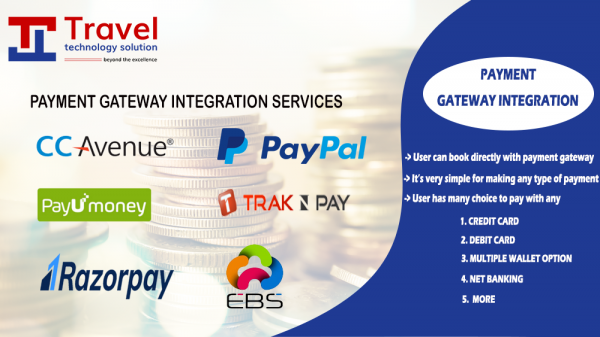
Why is mobile app important for Travel business?
Mobile apps have become increasingly important for travel businesses due to the widespread adoption of smartphones and the shift towards mobile-first experiences. Here are some reasons why a mobile app is important for the travel industry:
1. Increased Reach and Accessibility: Mobile apps provide a convenient and accessible platform for travelers to engage with travel businesses. With a mobile app, businesses can reach a larger audience as smartphones are now widely used globally. Travelers can easily access the app from their mobile devices, allowing them to browse, book, and manage their travel plans on the go.
2. Seamless User Experience: Mobile apps offer a more seamless and optimized user experience compared to mobile websites. They are designed specifically for mobile devices, taking advantage of their features such as touchscreens, location services, and push notifications. Mobile apps can provide a faster, more responsive, and intuitive interface, allowing travelers to navigate and interact with the app effortlessly.
3.
Personalization and Customization: Mobile apps enable travel businesses
to personalize the user experience based on individual preferences and
behavior. By collecting data such as travel history, preferences, and
interests, apps can provide tailored recommendations, personalized offers, and
relevant content to users. This personalization enhances customer satisfaction
and fosters loyalty.
5. Push Notifications and Real-Time Updates: Mobile apps allow travel businesses to send push notifications directly to users' devices. These notifications can include updates about flight delays, gate changes, booking confirmations, special offers, or personalized recommendations. Push notifications enable real-time communication, keeping travelers informed and engaged throughout their journey.
6. Integration with Native Features: Mobile apps can seamlessly integrate with the native features of smartphones, enhancing the travel experience. They can leverage functionalities like GPS, cameras, and contact lists. For example, users can easily access maps for directions, use the camera for scanning documents, or synchronize contacts for social sharing or emergency contacts.
7. Enhanced Loyalty and Engagement: Mobile apps contribute to improved customer loyalty and engagement. By offering loyalty programs, exclusive deals, or rewards, travel businesses can incentivize app usage and encourage repeat bookings. Apps also provide a direct channel for communication and engagement with customers, fostering a sense of connection and building brand loyalty.
8. Data
Collection and Analytics: Mobile apps allow travel businesses to
collect valuable user data and gain insights through analytics. By analyzing
user behavior, preferences, and interactions within the app, businesses can
refine their marketing strategies, optimize user experience, and make
data-driven decisions to improve their services.






















